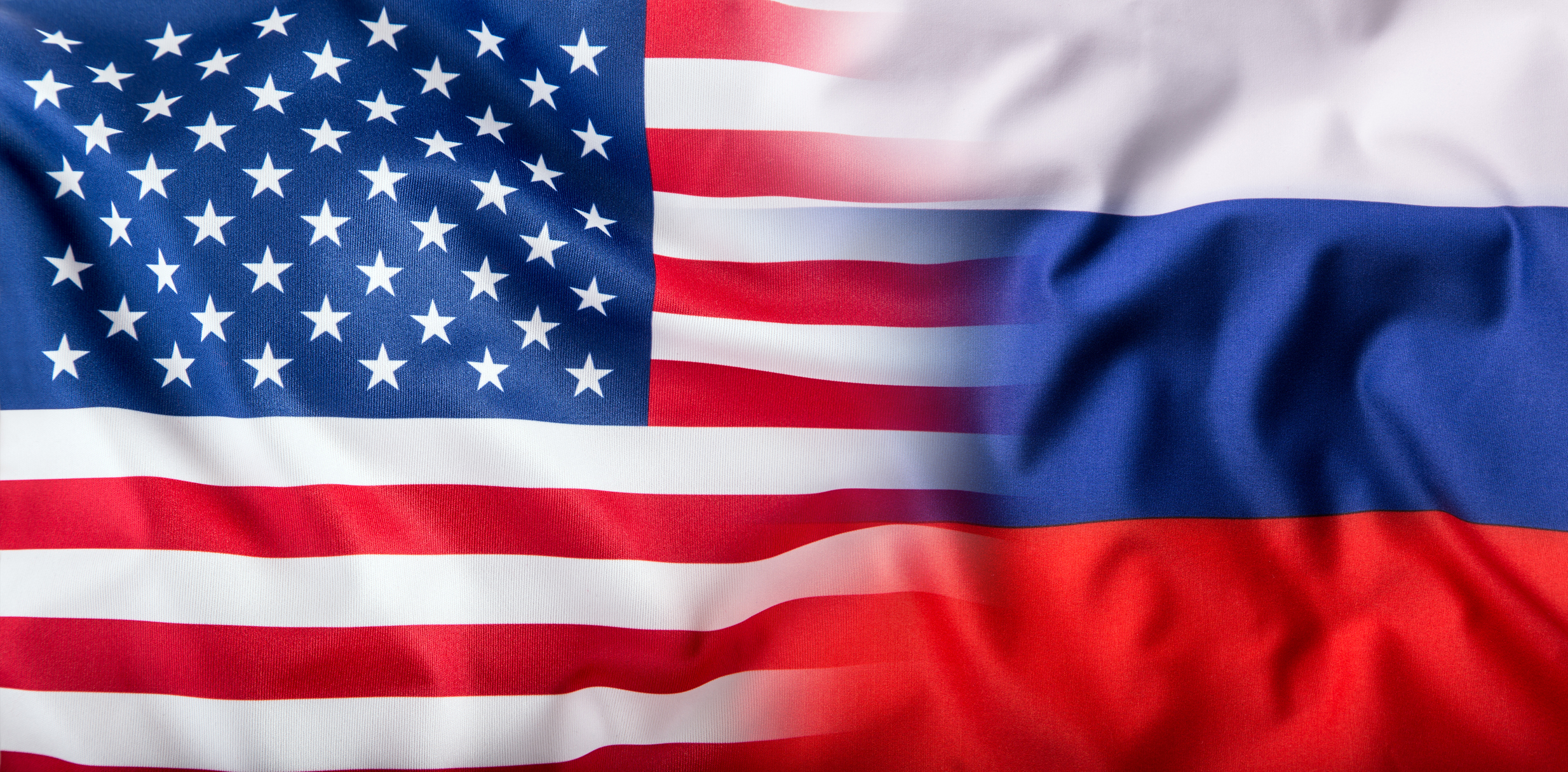Relations between the US and Russia have always been tense. Today is no exception. The modern diplomatic relationship between the United States and Russia began its significant backslide when Russia invaded and then annexed Crimea, ignoring international law and enmity. In the four years since the invasion, the US and its allies have admonished and sanctioned Russia for a multitude of its sins but arguably without result. These actions include information operations in the 2016 Presidential election, direct involvement in the Syrian civil war to include acquiescing to Assad’s use of chemical weapons, and most recently, the use of a deadly nerve agent against a former Russian intelligence professional (and his daughter) in the UK.
Russian President Vladimir Putin is a leader with a clear vision of where he wants to take his country and is aggressively and creatively working to achieve those ends. What are the broader geopolitical implications of Russia’s influence operations? How can we expect the US to respond? How will the markets react as tensions escalate?
The now infamous Russian interference in the 2016 presidential elections spurred a special counsel investigation in the United States, leading to the indictment of more than 19 Russians. While these indictments monopolize cable news airways, they have had no bearing on Russia and Putin. Russian information operations are deft and constant. Information ops, by definition, can best be characterized as a sequence of action, reaction, and counteraction. They are an endless and adaptive cycle. At least publicly, it appears any mandate from the Trump Administration to mitigate this ongoing threat has not been issued. Admiral Michael Rogers, the Director of the National Security Administration, said in his testimony before the Senate Armed Services Committee that the Trump Administration had not directed the agency to take proactive measures to stop Russian and foreign interference in our democratic process.
The US is not unique as a victim of Russian influence operations. Russia routinely targets Western democracies to undermine democratic institutions and create a culture of mistrust and chaos in their governing bodies. These sometimes subversive and always flagrant operations have done little to mobilize the Western world to confront this aggression.
However, things may be changing…finally. Just this month, Europe experienced the first offensive use of a nerve agent since the Second World War. A former Russian spy and his daughter (as well as a police officer) are in critical condition following their exposure to a nerve agent linked to a Russian operation. This action has led the leaders of the United States, France, Germany, and NATO to rally behind UK Prime Minister Theresa May in condemning the attack and its Russian perpetrators.
As a result, President Trump issued a new set of sanctions aimed at Russia. The sanctions (the barring of travel and freezing of assets in the US of 19 individuals and five entities) were advertised as a response to cyber interference by Russia in the US elections. However, timing is everything; the sanctions came on the heels of the nerve agent attack. Russia has vowed to retaliate, saying it will use the “principle of parity” in response to the new round of sanctions. Russia obviously has its hands full with its efforts to erode public trust in Western elections and attack its own citizens on foreign soil. It’s not a stretch to label both events as acts of war.
What are the effects of these sanctions? Will they have long-term or immediate implications? If these sanctions are effective, Russia may look for opportunities to help mitigate any cash flow issues. Market concern has concentrated on crude and the stability and endurance of the 2017 deal Russia made with OPEC, cutting production through the end of 2018. If Russia chooses to respond to sanctions, this is an option. In the past, we have witnessed energy producing nations “weaponize” this resource in an attempt to undermine profits of a competitor. OPEC has warned that supply from its competitors will exceed market demand. Discounts on Russian crude, coupled with increased shipments of crude from countries of the former Soviet Union could be a cause for concern. Crude prices are viewed as the benchmark for global growth, but low figures primarily hurt crude producers like the US (which continues on its aggressive march towards energy independence). This year, OPEC countries have already offered steep discounts, and a free flow of Russian oil could drive prices even lower. However, cheaper crude benefits many consumers and may ultimately have a broader positive impact should Russia chose to abandon its agreement with OPEC.
Vladimir Putin’s leadership style is both brazen and cunning. Putin’s aspirations are in his national interests. There is no separation between Russia and Putin; they are the same. However, Putin plays by an entirely different set of rules, focused on upending the status quo in an attempt to solidify his footing as a global leader. Putin’s re-election by an eye-wateringly large margin for another six-year term locks his grip on the strategic initiative. International observers will be waiting to see if Putin pursues a “leader for life” role in Russia as his ally, Xi Jinping, has in China. America faces global competition from Russia and will need to remain vigilant and adaptive to maintain the upper hand. The decision to compete or cooperate remains in our hands. Choose wisely.
– Major General (Ret.) Spider Marks

“Russia’s strategy is demonstrative intimidation to secure its interests, including pressuring the EU to ignore Russian hegemony and to re-secure their influence in the Middle East. Secondly, Russia is taking advantage of US relationship degradation among our allies and partners to influence global balance toward their objectives. I believe their strategy is opportunistic while rapidly reacting to US absence or lack of policy alignment.”
– Lieutenant General (Ret.) Frank Kearney
Original Post 03/21/2018


